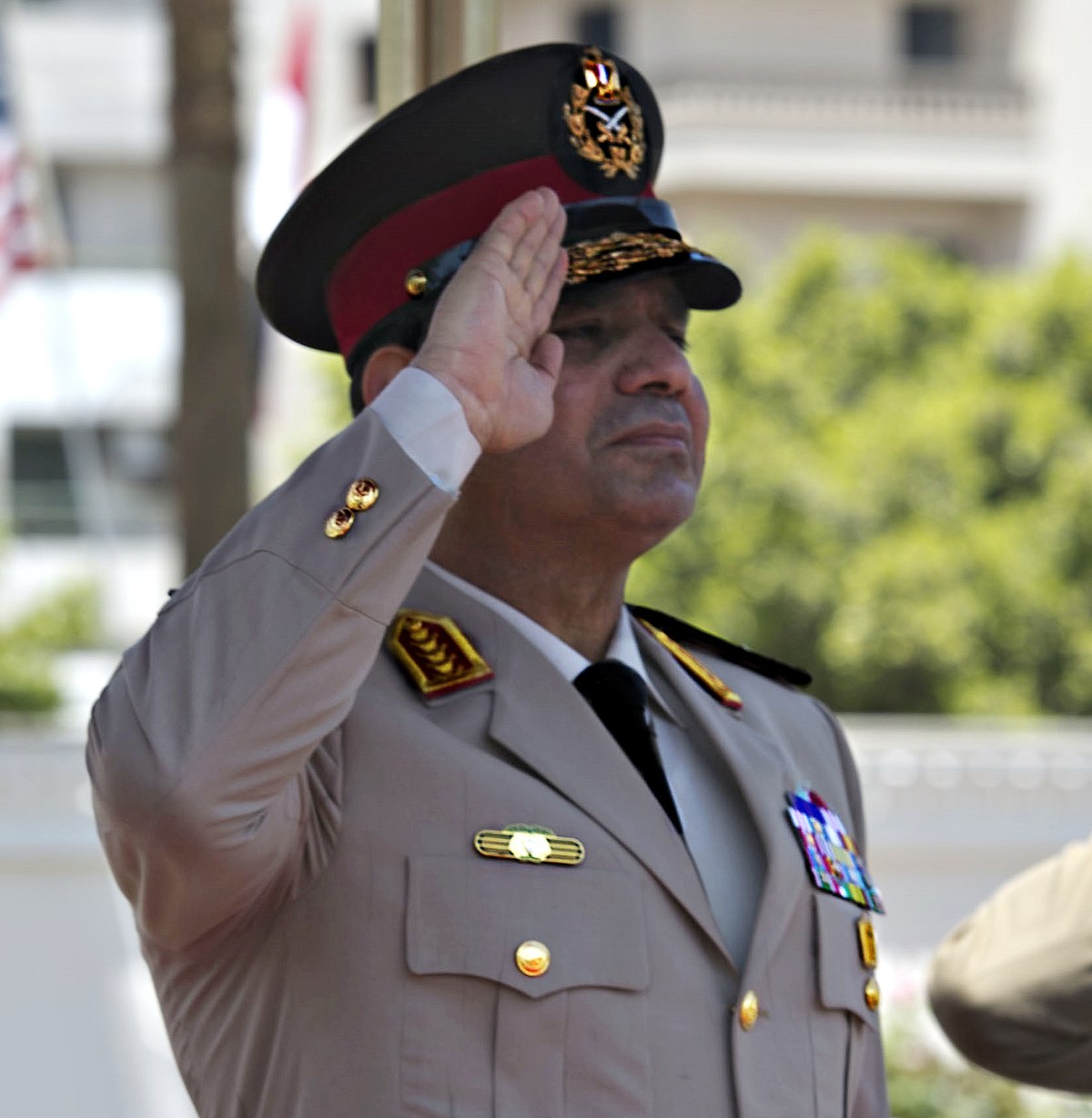
El-Sisi Presidency
EgyptAbdel Fattah el-Sisi's presidency in Egypt, beginning in 2014, has been characterized by a consolidation of power, a focus on economic development, and a strict approach to security and dissent. El-Sisi, a former military commander, came to power following the ousting of President Mohamed Morsi in 2013, amid political turmoil and public unrest.
Under el-Sisi, Egypt has seen significant infrastructure and economic development projects, including the expansion of the Suez Canal and the initiation of a new administrative capital. These projects are part of a broader effort to stimulate economic growth and attract foreign investment. However, economic reforms, including subsidy cuts and tax increases as part of an IMF loan agreement, have also led to increased living costs for many Egyptians.
El-Sisi's government has maintained a hardline stance on security, citing the need to combat terrorism and maintain stability. This has involved a significant military campaign in the Sinai Peninsula against Islamist militants and a general strengthening of the military's role in governance and the economy.
However, el-Sisi's tenure has been marked by criticism for human rights violations and suppression of dissent. The government has clamped down on freedom of expression, assembly, and the press, with numerous reports of arbitrary arrests, enforced disappearances, and crackdowns on civil society, activists, and opposition groups. This has led to international criticism from human rights organizations and some foreign governments.
